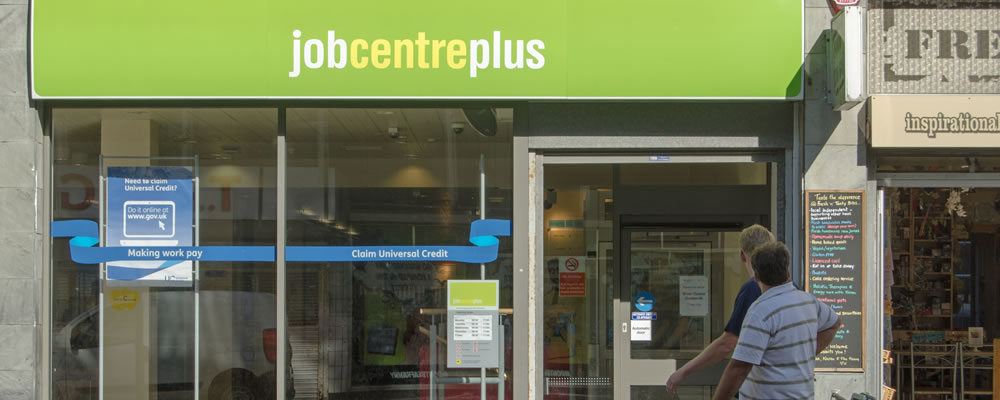Disappointing UK Job Data Helps Euro to Pound Exchange Rate Advance
Despite some underwhelming Eurozone PMI data on Wednesday, the Euro to Pound (EUR/GBP) exchange rate still recovered from its weekly lows as investors digested some disappointing UK job market data.
EUR/GBP touched its worst level in over a week on Wednesday morning, 0.8806, before the UK data was published and weakened the Pound (GBP). At the time of writing, EUR/GBP had recovered close to the week’s opening levels of 0.8849.
Britain’s job data from the three months into December 2017 were mixed but largely disappointing. While the wage growth excluding bonuses figure came in at a better-than-expected 2.5%, the unemployment results kept Sterling weak.
The key unemployment rate had been steadily improving over the last year, but the latest data showed that UK unemployment unexpectedly worsened from 4.3% to 4.4%.
This was the first rise in unemployment in almost two years and was partially due to a weaker than expected employment change figure of 88k.
According to Ian Brinkley from the Chartered Institute of Personnel and Development, these could be signs that Britain’s job market is running out of steam.
‘The substantial and unexpected rise in unemployment is a clear warning that the UK labour market may be running out of steam, but there are reasons to believe that this is a one-off, as opposed to the beginning of a larger employment crisis. There has still been a significant rise in employment dominated by an increase in full time, permanent jobs, while some of the rise in unemployment may be attributed to more students entering the labour market.’
Euro (EUR) Exchange Rate Strength Versus Pound Limited by Underwhelming Eurozone PMIs
The Euro’s (EUR) recovery against the Pound was limited, as the latest Eurozone ecostats kept pressure on the shared currency.
Wednesday saw the publication of Markit’s February PMI projections for the Eurozone, which largely fell short of expectations.
Every German print fell short of forecasts, with the key manufacturing PMI now projected to slow from 61.1 to 60.3, below the previously forecast 60.6.
As a result of disappointing PMIs throughout the bloc, the Eurozone’s overall PMI projections also fell short. Services came in at 56.7, manufacturing at 58.5 and the overall composite figure at 57.5.
While these were still very respectable PMI results, the figures indicated that Eurozone economic activity may be slowing more than expected.
Soft Brexit Hopes Offer Pound (GBP) Exchange Rates Support
On Tuesday, reports emerged that the European Parliament was preparing to make calls for Britain to be given privileged access to the EU single market following Brexit.
If the reports are to be believed, it would indicate that the European Parliament is breaking from the stricter angle of EU chief negotiator Michel Barnier.
It is the latest news to boost market hopes that the UK and EU are more likely to reach a softer Brexit agreement, rather than have negotiations fall through or lead to a ‘hard Brexit’. The news has supported Pound demand.
Euro to Pound (EUR/GBP) Exchange Rate Forecast to React to UK Growth Projections
As the Euro to Pound (EUR/GBP) exchange rate neared the week’s opening levels again on Wednesday, the pair could end up seeing little change this week unless Thursday’s key data surprises
Thursday will see the publication of Britain’s second Q4 Gross Domestic Product (GDP) projections. UK growth is currently expected to have accelerated to 0.5% quarter-on-quarter, but slowed to 1.5% year-on-year.
If UK growth beats expectations, it could make investors more confident that Britain’s economy is more resilient than expected, which could boost demand for the Pound.
Britain’s Q4 business investment projections could also influence Sterling trade on Thursday. Of course, any fresh Brexit developments could drive Sterling movement towards the end of the week too.
Euro trade is likely to take focus for EUR/GBP traders again on Friday though, as highly influential figures such as the Eurozone’s January inflation results and Germany’s final Q4 growth rate figures will be published.



